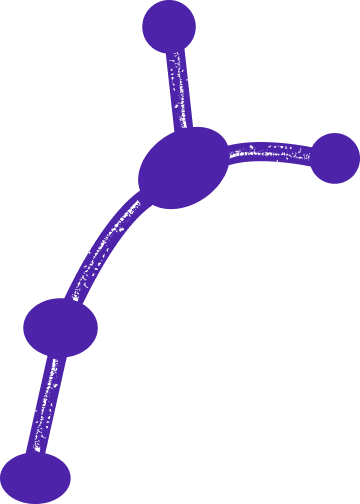
how to become devops engineer
How To Become Devops Engineer
To become a DevOps engineer, one must first have a solid foundation in software development and IT operations. This includes knowledge of programming languages, operating systems, databases, networking, and cloud computing. DevOps engineers should also be familiar with tools and technologies commonly used in DevOps practices, such as version control systems (e.g., Git), continuous integration/continuous deployment (CI/CD) tools (e.g., Jenkins, Travis CI), configuration management tools (e.g., Ansible, Puppet), containerization platforms (e.g., Docker, Kubernetes), and monitoring and logging tools (e.g., Prometheus, ELK stack).
In addition to technical skills, DevOps engineers must also possess soft skills such as communication, collaboration, problem-solving, and adaptability. DevOps is not just about tools and technologies; it's also about people and processes. DevOps engineers must be able to work effectively with cross-functional teams, communicate complex technical concepts to non-technical stakeholders, and drive cultural change within organizations to promote collaboration and innovation.
One of the key principles of DevOps is the concept of "Infrastructure as Code," which involves managing infrastructure (e.g., servers, networks, storage) using code and automation tools. DevOps engineers should be proficient in writing scripts and automation workflows to provision, configure, and manage infrastructure resources efficiently and consistently. This helps to reduce manual errors, improve scalability, and increase the speed of software delivery.
Continuous integration and continuous deployment (CI/CD) are also essential practices in DevOps. CI/CD pipelines automate the process of building, testing, and deploying software changes, enabling teams to release code faster and more frequently. DevOps engineers are responsible for designing and maintaining CI/CD pipelines, ensuring that code changes are tested thoroughly and deployed reliably to production environments.
To further advance in their career as a DevOps engineer, professionals can pursue certifications and training programs offered by organizations such as the DevOps Institute, Amazon Web Services (AWS), Microsoft Azure, and Google Cloud Platform. These certifications validate expertise in DevOps practices, cloud computing, automation tools, and other relevant technologies, helping professionals stand out in a competitive job market.
In conclusion, becoming a DevOps engineer requires a combination of technical skills, soft skills, and a commitment to continuous learning and improvement. DevOps is a rapidly evolving field that demands adaptability, creativity, and collaboration. By mastering the principles and practices of DevOps, professionals can help organizations deliver software faster, more reliably, and with higher quality, driving business value and innovation in the digital age.
Let’s build your next digital product — faster, safer, smarter.
Book a free consultationWork with a team trusted by top-tier companies.








